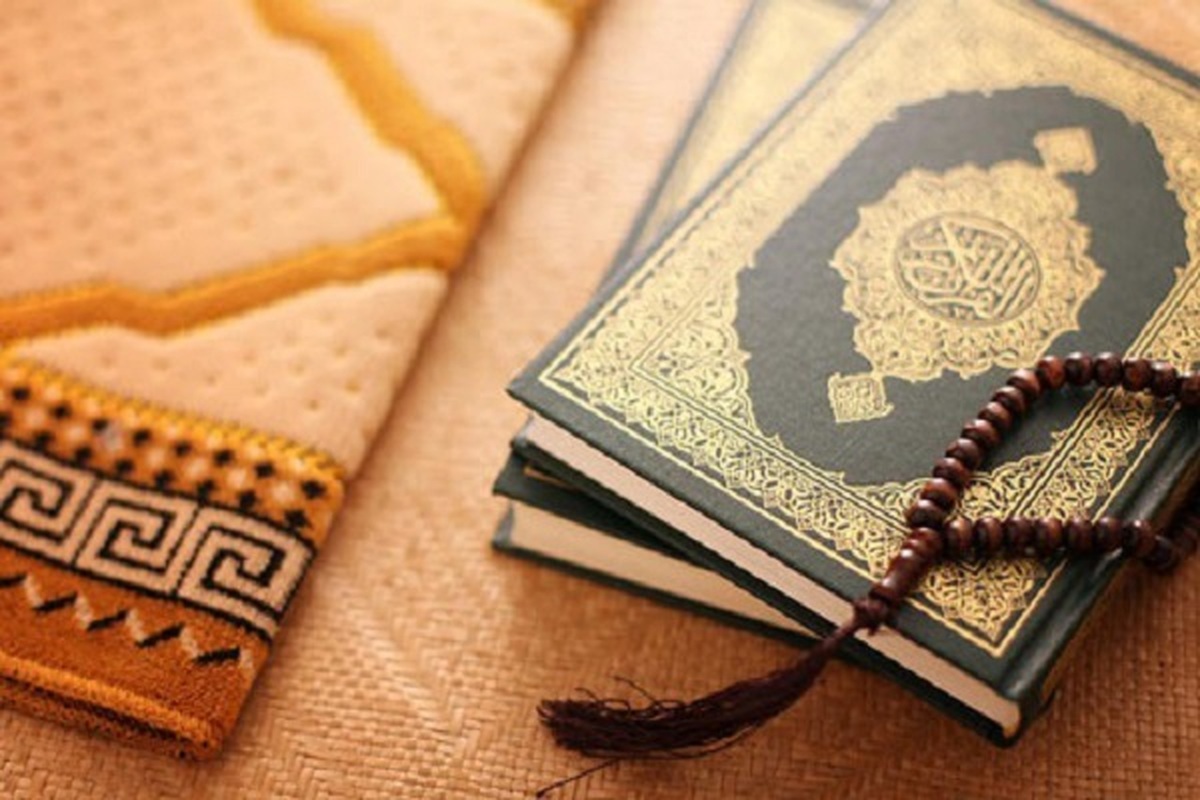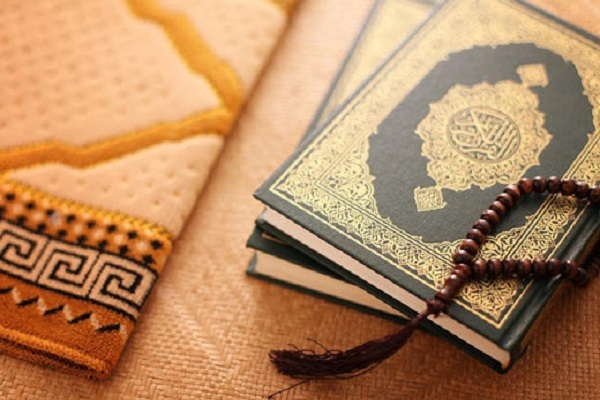Muhkam and Mutashabih Verses in Quran


God says in Verse 7 of Surah Al Imran:
“It is He who has sent down to you the Book. Some of its verses are precise in meaning they are the foundation of the Book and others obscure. Those whose hearts are swerving with disbelief, follow the obscure desiring sedition and desiring its interpretation, but no one knows its interpretation except Allah. Those who are wellgrounded in knowledge say: 'We believe in it, it is all from our Lord. And none remember except those who are possessed of minds.”
The majority of the verses of the Quran are those whose meanings are crystal clear. God calls this part of the Quran Umm al-Kitab, mother of the book, or in other words, the essence and soul of the book in which its main message is.
If people submit to these Muhkamat verses that are Umm al-Kitab, they will benefit from the blessings of the religion and guidance in worldly and spiritual affairs.
But there are some who leave hundreds of such verses and try to find faults with Mutashabih verses whose meaning requires Ta’wil (understanding the hidden meaning) and Tafsir (interpretation).
Only God and those who are steadfast in divine knowledge can offer the Ta’wil of Mutashabih verses.
Anyone who wants to tread on the path of God and has noting in his heart but Ikhlas will face no problem with the Mutashabih verses, including those about the hereafter, paradise and hell.
Although there may be pictures offered in these verses that could be obscure, we should know that the star of guidance is never lost and what we should know about the hereafter is there in the Quran without any ambiguity.
We should know that our deeds, good and bad, will influence how we will be in the hereafter and this is what the Quran has emphasized clearly in many verses.
But if it is obscure for us how God will raise people from the dead on the Resurrection Day or what some words refer to in the Quran or what some stories are about is not what matters.


